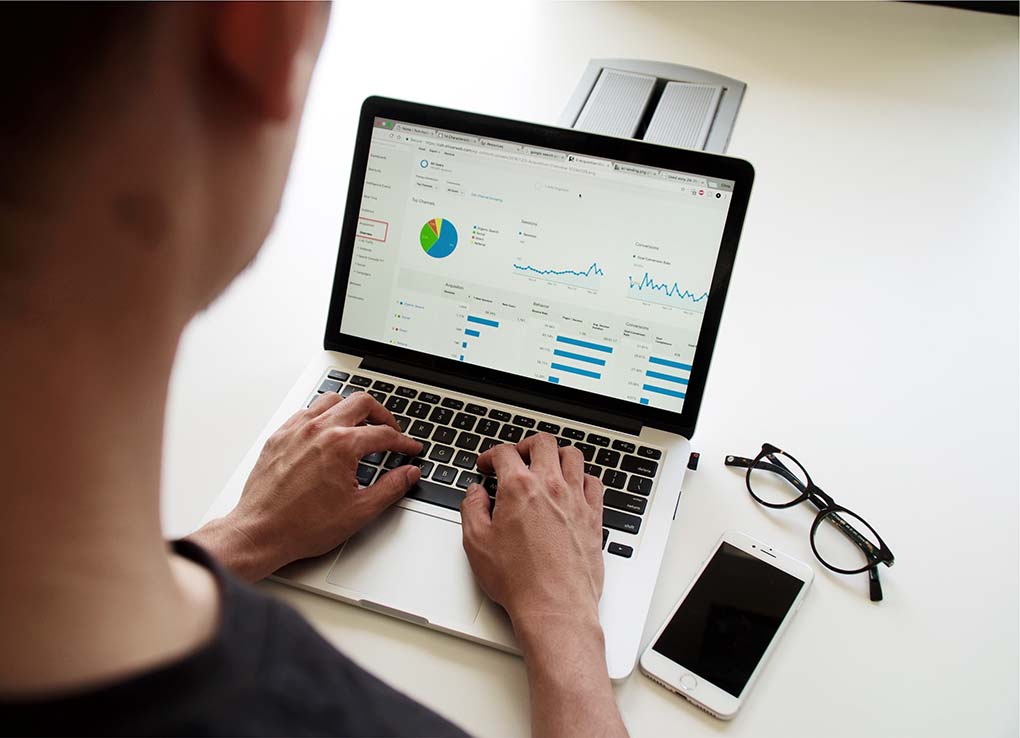Becoming a Business Analyst
5 THINGS YOU NEED TO KNOW
You may think the role of a business analyst is all about crunching numbers and deciphering codes? Think again!
The job requires critical and creative thinking, problem-solving, and gut instinct. It takes a person capable of identifying and healing the cracks in a struggling business or managing the health of a larger corporation.
With a myriad of sectors in need of assistance, and more and more organisations engaging the services of an analyst to solve a current (or future) problem, an analyst is hot property in today’s ever-changing business landscape.
So, here’s a quick list of five things you need to know if you’re considering a career in business analytics:
1. You do not need to be a maths or coding genius to be a business analyst.
The term ‘analytics’ might allude to an exclusive focus on technical skills such as algorithm building, coding and programming.
However, while a business analyst relies on data, there are key differences between a business analyst role and the role of a data scientist which you can read about here. Studying a degree in business analytics, you’ll find that technical skills are covered, but always in a business application context.
A keen interest in data is a must, though! It’s what will help shape the solutions you put forward to correct a business.

2. Business analytics differs from business administration (but there is overlap).
Business analysts draw on insights from data to maintain the equilibrium between the needs of stakeholders and unmatched opportunities and changes within a business structure.
It combines the technical aspects of data analysis with the business acumen you would gain through a more traditional business education.
Those who are seeking to primarily further their general management and leadership skills should look into obtaining a Master of Business Administration.
3. You don’t need to have experience in specialised fields.
Of course, any specialisation can come in handy when stepping into the role of a ‘business whisperer’. This is quite poignant in the field of IT where a sound knowledge of the industry’s vernacular and processes can assist a business analyst in assessing a situation.
However, as a business analyst, you’ll be called to address environmental changes, assessing businesses and producing change in a myriad of fields - finance, hospitality, shares…
What’s important is understanding the fundamentals of what makes a business — any business — flourish.

4. You’ll need to be creatively inclined.
Forecasting, analytics, and diplomacy in the realm of business require a creative thinker.
As such, you’ll need to develop a knack for thinking outside the box, and seeing through processes, rather than taking elements of business at face value.
This will help you to envision outcomes and ensure success in new markets, environments, and the rapidly evolving landscapes that businesses endure.
But fear not, obtaining all the skills you need for data-driven decision making through education — such as completing a Master of Business Analytics (with standard study duration of 1 year and 8 months) — will provide you with this ability.
If you choose to study a Master of Business Analytics (Extension) (with standard study duration of 2 years) you’ll build on this skillset further through subjects like Innovation and Creativity in Business Analytics.
5. You may need to brush up on your presentation skills.
Being the expert’s expert, you may be called upon to consult within large enterprises, speak at conferences, and even offer forecasted insights on national television.
The Institute of Analytics Professionals Australia: Skills and Salary Survey 2017 report highlights that there is a demand for analytics professionals to possess soft skills including “communication, to presentation and business leadership skills”.
That is why our master’s degree is composed of business analytics core subjects, with the option to choose elective subjects from the MBA course, or to choose more business analytics electives. This structure ensures you have sound technical knowledge without overlooking the importance of becoming a well-rounded business professional.










